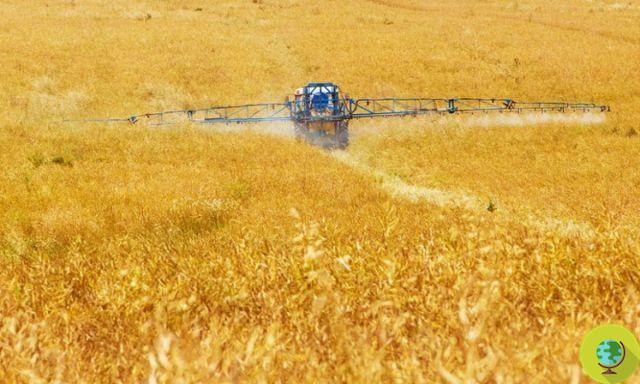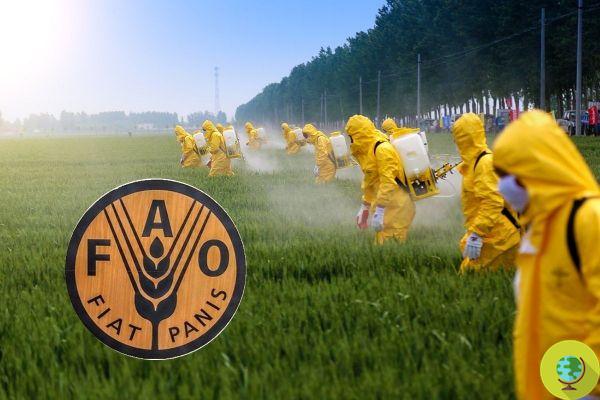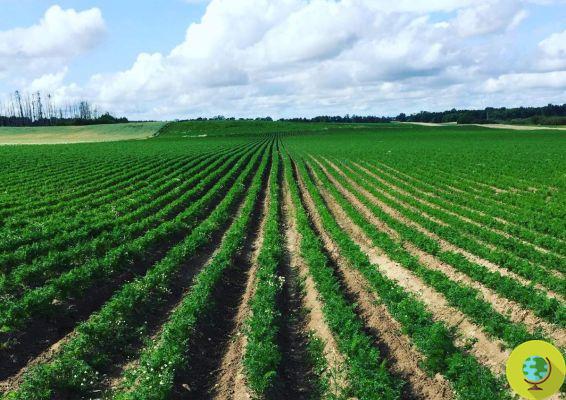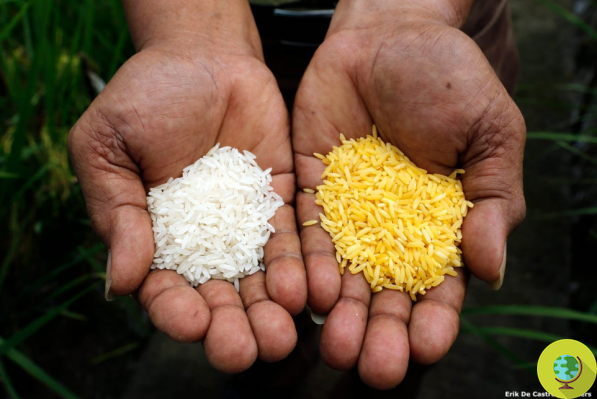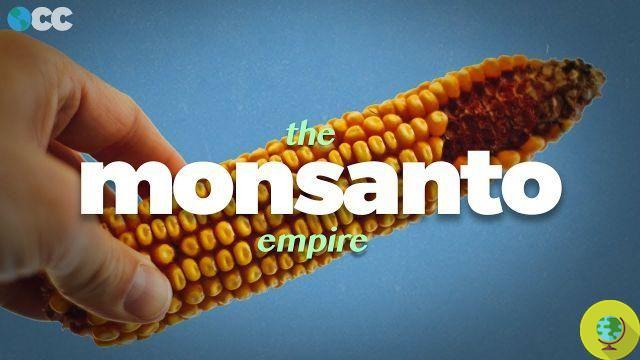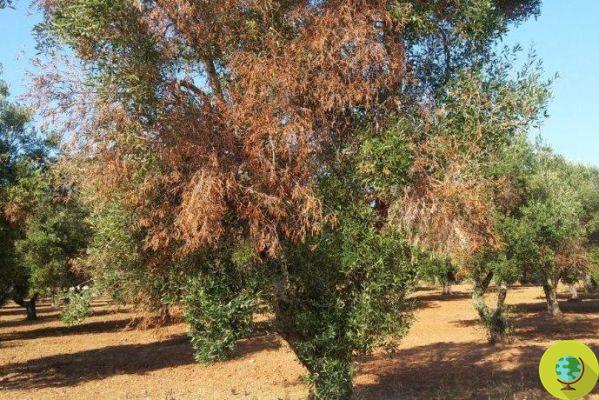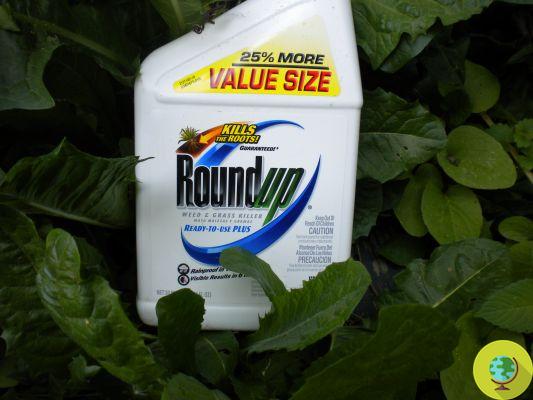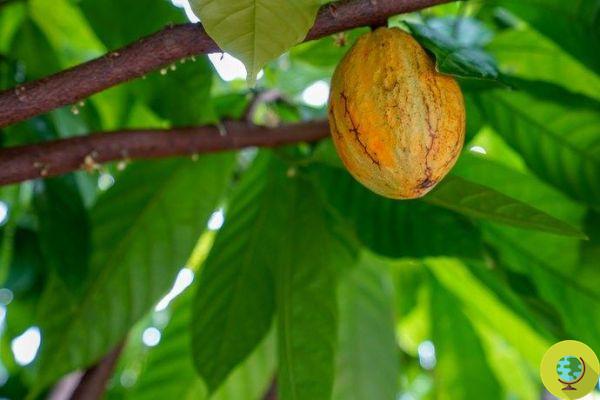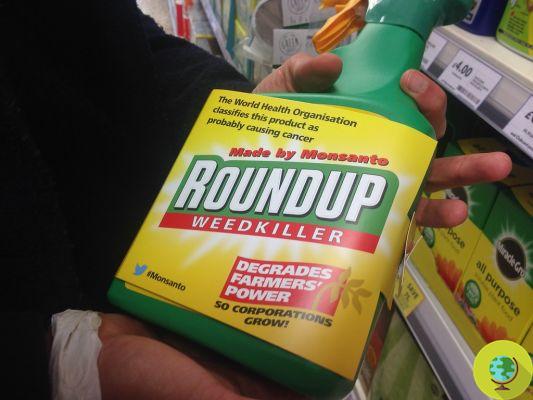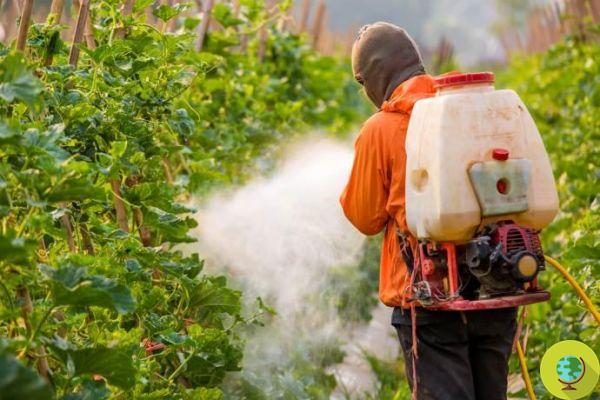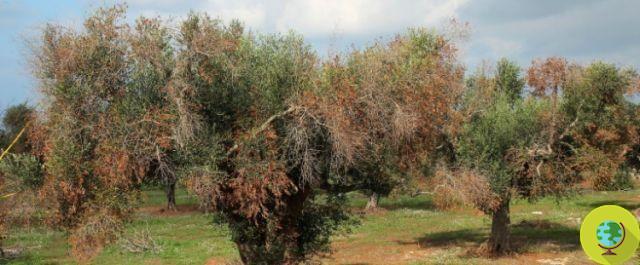
A compound containing copper and zinc, compatible with organic farming, could help olive trees fight the Xylella bacterium. This is revealed by new research that could shed new light on how to treat the majestic olive trees affected by the bacterium without resorting to the felling desired by the EU
He is about to end up run over, his mother saves him
A compound containing copper and zinc, compatible with organic farming, could help olive trees fight the Xylella bacterium. This is revealed by new research that could shed new light on how to treat the majestic olive trees affected by the bacterium without resorting to the felling desired by the EU.
The research, published by the international scientific journal Phytopathologia Mediterranea, was conducted for three years in Salento, where a mixture of copper and zinc complexed with citric acid in the form of hydracid (Dentamet) was applied to olive trees of the Cellina di Nardò and Ogliarola varieties. .
The results showed that the systematic application of this compound to the fronds of trees infected with Xylella of the subspecies Pauca, has reduced the severity of symptoms and desiccation.
The research was conducted by the bacteriologist Marco Scortichini, one of the leading European experts, and could be an alternative solution to that of the EU which aims to eradicate trees. A solution so far considered ineffective since it only serves to create scorched earth around the olive trees.
Both in the case of the variety Cellina of Nardò and Ogliarola, the use of the compound led to a reduction in symptoms. Furthermore, while the untreated trees in the control group had died at the end of the three years, all the treated trees also managed to survive in good vegetative state.
Finally, from the DNA analyzes conducted from June 2016 to September 2017, it emerged that the treatment produced a statistically significant reduction in the bacterial load (the density of Xylella cells) in the leaves of the treated trees.
"These promising results suggest that integrated management aimed at reducing the severity of Xylella fastidiosa, including regular tree hulling and soil harrowing, with Dentamet vaporization treatments in spring and autumn, is likely to be effective in effectively controlling the disease." , explain the authors of the research.
The research denies the two pillars on which the EU strategy for the containment of Xylella is based both in Puglia and in the other European countries affected, Spain and France.
In the first place, it is not true that an infected tree is incurable and therefore must be explanted as soon as possible to remove the bacterial load. Secondly, the practice of eradicating Xylella is called into question if new outbreaks appear in unaffected areas through the desertification of the areas surrounding infected trees in a radius of 100 meters.
According to the research, in these areas where eradication has not stopped the bacterium's advance, treating all plants with the copper, zinc and citric acid compound could reduce the bacterial load.
READ also:
- Xylella: super hardy wild olive trees discovered
- Xylella, the killer of olive trees advances. Story of an underestimated environmental disaster
Francesca Mancuso
Gallery




